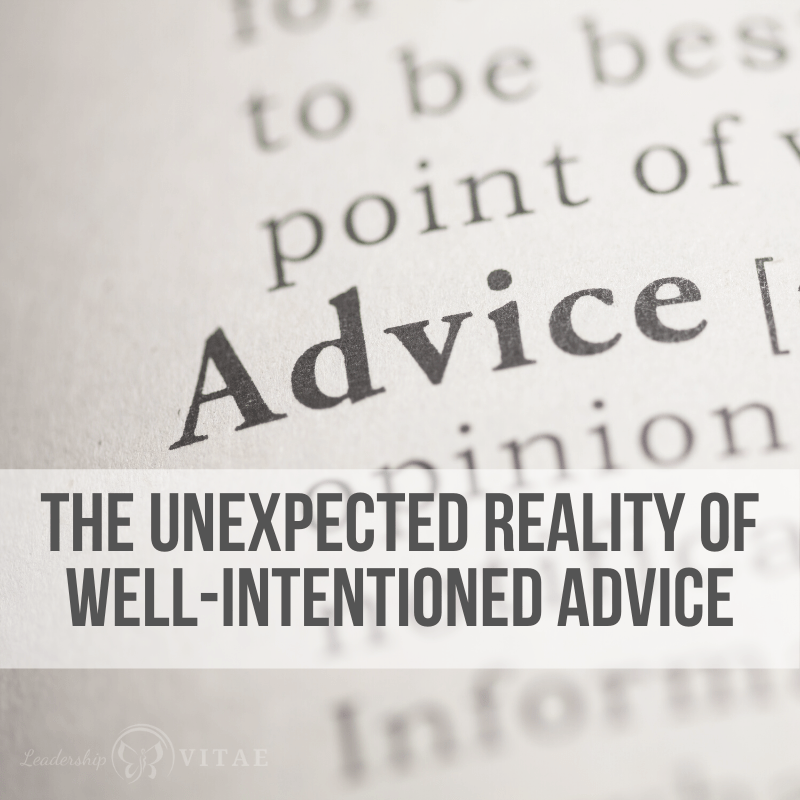
We are a few weeks in to what may end up being months of some alternate reality. Simple things we took for granted, like driving to work or going to the gym, are no longer feasible. It’s an adjustment. For many of us, a big one.
Mr Rogers has been quoted a lot, or at least his mother has. In tough times, find the helpers. And there are so many of those. Many wonderful people and moments throughout these strange times.
Our front-line healthcare workers are facing difficult, if not impossible, conditions and choices. These are not dissimilar in some parts of the country and the world, I imagine, from a war zone.
There are resources and assistance being shared openly for those in need. Whether it’s parents suddenly finding themselves homeschooling, elderly that are concerned about getting groceries, or children that need food no longer available at school.
I sincerely hope that the good we are seeing – in the giving that is happening and the human connections that are passing distance and differences – continues well into whatever our new normal looks like.
There is one thing, however, that needs to stop.
The well-intended advice
There are many writers out there. Many coaches, mentors, and business leaders. You name it, and there are folks that are sharing articles and advice about how to navigate through this interesting time in the world.
Hell, I’m one of them.
And I believe we are a well-intended bunch. Really we are. But sometimes, as a group, we are tone deaf. Completely, absolutely, tone deaf.
I have read article after article, and heard person after person share the same bits of advice for those of us fortunate to still be working right now.
Keep your routine.
They come in different flavors, but almost to a one, the advice is to get up at the same time and follow as much of your normal routine as you can. Get showered, dress nicely, if you’re a woman – do something about your hair and make up – and start and stop your day when you would have to keep the normalcy of it.
Please stop
This may be well-meaning, but it is bias plain and simple. So just stop.
Yes, I said it. BIASED.
This advice may work for some. If you’re single or divorced with no children, married with a stay at home partner, or you are not responsible to care for a parent or disabled adult. Basically, it works for the unencumbered.
Perfect. If it’s for those folks, please say so. Because the reality is that it doesn’t really work for anyone that has to provide for another person.
If you are responsible for another person, any other person, this advice is absolutely not going to happen. And it shouldn’t.
The unintended consequences
By putting out well-meaning advice that doesn’t work for a large population of people, we marginalize their experience.
To the mom that has four young ones at home, doing her best to figure out how to work from home with no care options. Maybe she has a husband at home who is also trying to work, or maybe she’s one of the single moms trying to hold it all together. She may need to shift her schedule entirely to get any work done.
Where is the advice to leaders on how to help her do that? Where is the call to action insisting we help? Or advice for her on how to advocate for what she needs, rather than worrying about whether she’s getting up on time and doing her hair for a potential video call?
Am I sounding snarky? Maybe. But I am fed up.
Spend a moment in her shoes
Imagine being that mom for just a moment. In comfortable clothes, that may be stained from breakfast, and hair in a bun because it’s easy and out of the way. Sleep is likely disrupted, makeup is the last thing on her mind, and a shower may be optional at this point.
She’s worried about how to fit in 8 hours of work at any time of day or night. Is grateful to have a job, but scared about how to keep it with all the talks of layoffs and unemployment on the rise.
I am not going to presume to know her experience. But I know her. She’s one of my friends. Someone on my team or in my organization. One of my neighbors. If I look – if any of us look – we will see her.
And that’s the problem when we write tone-deaf articles that are well-meaning, but so off the mark. She’s not seen.
Getting past privilege
Let’s stop the well-meaning, but completely tone deaf, recommendations and start making real ones please.
It’s time to check privilege at the door when writing articles recommending x, y, or z. Yep, I’m going to call it what it is.
Let’s start with – I’m privileged to be working. Right now, many of those who were working just a few weeks ago are now desperately looking for work.
I am privileged that, while a single mother, my son is 12 and I have an extended family member staying with me during this time to help. I have to keep that in mind when making recommendations…remember that if my son was younger and I was alone through this experience, it would be very very different.
It’s a time for change
Often, I ask friends to read my work. If there is something I think may land wrong with a subset of the population, I ask. A lot of times, what lands wrong is not what I expect. Which is why I keep asking.
As writers, coaches, and leaders, we should do more of that. Ask more, assume less. And highlight who our target audience is.
If we are writing for the unencumbered, we should say so. Assuming that’s what we want. Hopefully it isn’t.
Why not be inclusive and realize that fewer and fewer of us are unencumbered? More and more have varying responsibilities, or households that just don’t look like the ones we grew up in.
That’s not a bad thing. It’s a beautiful thing. But it’s past time that we recognize it and stop assuming that others’ lives look like our own.
We are helpers too. We are. Those of us sharing our stories and advice out into the world, hoping it lands…we want to help. And most of the time we do. What I ask is that we take a moment before we hit save or share and think – who am I writing this for and will it resonate for her, him, or them?
Thank you for being a helper. I hope you see this in the spirit I intend, which is encouraging you to make that help more accessible and inclusive to expand its impact.
We are all in this together. ALL being the key word.








